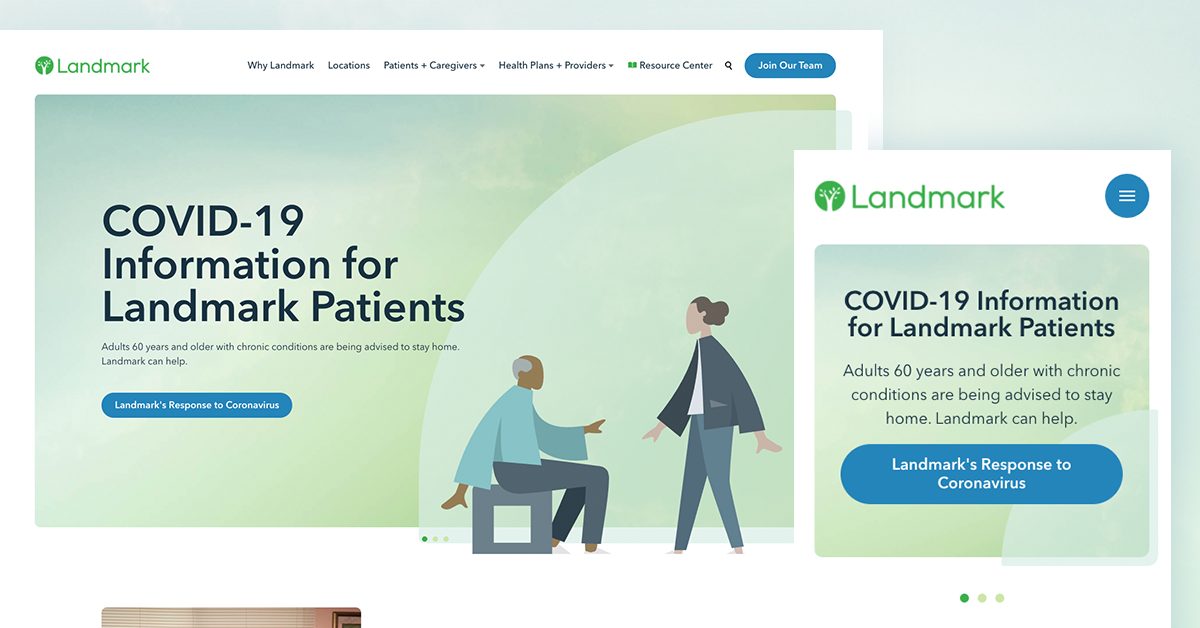As we age, the importance of having a reliable and experienced primary care doctor becomes crucial for effectively managing health and well-being. A strong relationship with a knowledgeable physician ensures that seniors receive the best possible care and guidance.
Why Primary Care is Essential for Seniors
Primary care doctors are integral to the overall health and quality of life for older adults. They are often the first point of contact for various healthcare needs, including routine check-ups, preventive measures, and the management of chronic illnesses. Their role becomes even more critical as seniors face unique health challenges, such as mobility issues, cognitive concerns, and managing multiple prescriptions.
For seniors, having a primary care doctor who comprehends the complexities of aging can make a significant difference. These doctors are trained to address the distinct health needs of older adults and understand the nuances of geriatric medicine, from evaluating frailty and fall risk to dealing with memory loss and medication interactions.

How to Choose the Right Primary Care Doctor
Selecting the right primary care doctor is a vital decision for seniors and their families. Here are some important factors to consider to ensure the best healthcare experience:
- Specialization in Geriatric Care: While many primary care doctors are skilled in general medicine, it is beneficial to choose one with specific training or experience in geriatric care. These doctors are well-versed in the health concerns of aging patients and can offer more personalized and age-appropriate medical guidance.
- Effective Communication: Seniors often face hearing difficulties, cognitive impairments, or require simplified explanations of medical concepts. It is essential to find a doctor who communicates clearly, listens attentively, and patiently addresses any concerns. A compassionate and understanding bedside manner can greatly enhance the patient experience.
- Accessibility and Convenience: The location of the doctor’s office and their availability can be crucial for seniors, especially those with mobility challenges. Consider factors such as proximity to home, office hours, and whether they offer virtual visits. Some practices provide extended hours or telemedicine options, which can make receiving care easier and more convenient.
- Continuity of Care: Building a long-term relationship with a primary care doctor fosters continuity in medical treatment. A doctor who knows a patient’s medical history well is better equipped to make informed decisions and tailor care plans accordingly. This ongoing relationship can lead to more accurate diagnoses and personalized treatment options.
Home Visits and Concierge Medicine
For seniors who find it difficult to leave their homes, some healthcare practices offer home visit services. These options bring the doctor directly to the patient, providing high-quality care in a familiar environment and making it more accessible. Home visits can be particularly beneficial for older adults with severe mobility restrictions or chronic conditions that make traveling challenging.
Here is a resource that helps with home visits by doctors:

In addition, concierge medicine is becoming a popular option among seniors seeking more personalized and comprehensive care. This service model typically includes longer appointment times, same-day or next-day availability, and the ability to contact the doctor directly via phone or email. Although these services often come at an additional cost, they provide a higher level of attention and convenience, which some seniors may find worthwhile.
Collaborative Care Approach
High-quality primary care for seniors often involves a team effort, including the patient, the doctor, and family members or caregivers. This collaborative approach ensures that the senior’s needs and preferences are fully understood and respected. Open lines of communication and shared decision-making can lead to better outcomes and greater satisfaction with the care received.
It is important for seniors and their loved ones to actively participate in medical appointments. This means asking questions, discussing treatment options, and sharing any changes in health or concerns. A strong, trusting relationship between the patient and doctor can significantly improve the management of health issues and lead to a better overall quality of life.
Questions to Ask When Choosing a Primary Care Doctor
To make an informed decision, seniors should consider asking potential primary care doctors these key questions:
- Do you have experience in geriatric medicine?
- How do you handle after-hours medical concerns or emergencies?
- Are there options for virtual appointments or telemedicine?
- What is your approach to coordinating care with specialists?
- How do you ensure effective communication, especially for patients with hearing or cognitive challenges?
Asking these questions can help seniors determine if a doctor is a good fit for their healthcare needs and preferences.
The Benefits of Preventive Care
One of the most significant advantages of having a primary care doctor is access to preventive healthcare services. Preventive care includes regular screenings, immunizations, and lifestyle counseling to keep seniors healthy and identify potential issues early. Routine check-ups and monitoring are key to managing age-related health conditions effectively.
Primary care doctors can also provide valuable advice on nutrition, physical activity, and mental well-being, all of which are essential components of aging well. By emphasizing preventive measures, seniors can maintain a higher quality of life and reduce the risk of severe health complications.
Conclusion
In today’s evolving healthcare landscape, finding the right primary care doctor is crucial for seniors who want to receive comprehensive, personalized, and compassionate care. Taking the time to research and select a doctor who meets their needs can make a lasting impact on their well-being and quality of life.
Whether it’s through traditional office visits, home-based care, or concierge services, seniors have a variety of options to choose from. With thoughtful consideration and active involvement, they can find a trusted healthcare partner dedicated to supporting their health for years to come.
This information should not replace medical advice. Consult with a healthcare professional before making any changes to your medical routine.


